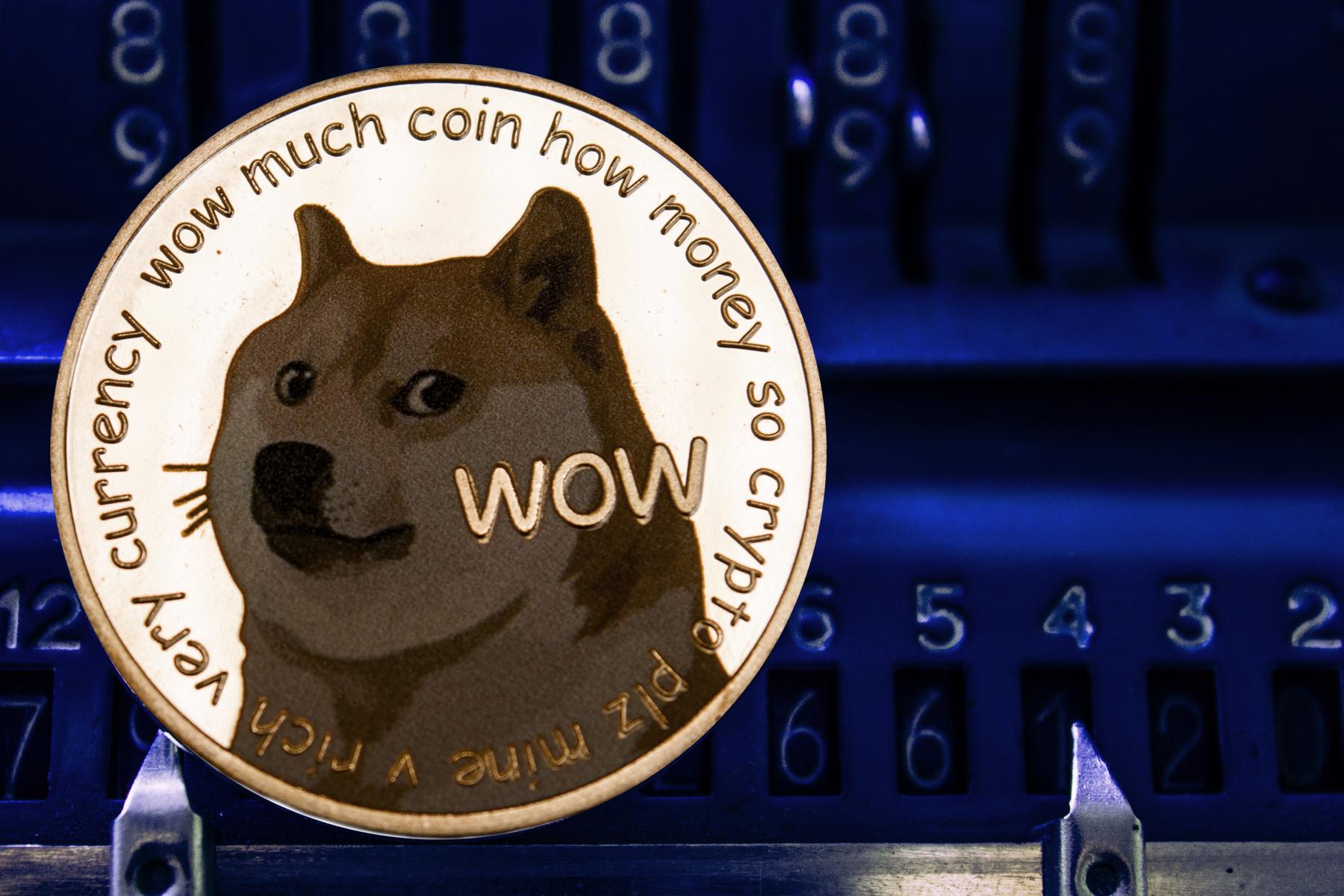South Korea’s reputation as a trend-setter and leader in technological research is quickly spilling into the blockchain realm as nonfungible token (NFT) adoption has skyrocketed in the small East Asian country.
As of 2020, South Korea has been among the top-10 countries in the world in the Global Innovation Index by the World Intellectual Property Organization. That level of innovation is made apparent to global retail consumers by tech giants such as Samsung and LG and to gamers through game maker Krafton.
Those companies, and many like them, are now also delving into the NFT space by dropping new collections to customers and launching divisions of their company dedicated to developing NFTs.
There may be several reasons for the eagerness to expose retail consumers and the general public at large to NFTs that goes beyond just being a thank-you prize for a purchase. This is the idea presented by Strategy Lead at the Korea-based KlayChicken NFT project, Alex Lim. He told Cointelegraph today “NFTs are all the rage but a lot of people don’t even know why.”
“The NFT hype in South Korea stems from a mixture of sentiments… I believe that in the second half of the year, the time will come when the whole South Korean NFT industry takes a quantum leap.”
One reason that may contribute to this quantum leap is the lack of a tax on digital assets in South Korea. The crypto tax has been delayed until 2023, but president-elect Yoon Seok-yeol may push to delay that tax for yet another year to 2024.
Additionally, NFTs are not regulated as stringently as cryptocurrency is now. Although local financial regulators at the Financial Services Commission (FSC) are working to introduce new NFT rules, none yet exist. This has kept the market open to be filled by a litany of new marketplaces at exchanges such as Upbit and Bithumb and from other corporations such as gaming giant Krafton to profit from NFTs.
Co-founder and CEO at Korea-based blockchain ecosystem accelerator DeSpread GM Chung believes practical use-cases for NFTs will become more common in his country. He told Cointelegraph today that “I expect NFTs to expand into a social on-chain profile layer along with transaction history in the future.”
“Previously, the phenomenon of purchasing NFTs for community participation was done, but recently, the expansion of NFT utilities is considered to be a major reason (for its rise in utilization).”
While campaigning, president-elect Yoon issued an NFT collection which followers could mint in order to feel a sense of belonging to his cause.
Going beyond participation is South Korea’s Hoseo University which issued diplomas in NFT form to its 2,830 graduating students on March 18. Local news outlet Money Today reported in February that the university decided to issue NFTs in order to improve accessibility and convenience for students and to prevent the forgery of diplomas.
Chung may even be understating the utility market participants see in NFTs. Last month, the Ministry of ICT, Science and Future Planning pledged to support the growth of a national Metaverse with a $187.7 million dollar grant. Content creators are expected to benefit the most from the new grant.
Content creators appear to be reaping the rewards of increased demand for their services in developing NFT designs for a wide array of companies. A simple search for NFT on the leading job search website JobKorea produces 753 unique positions for content creators and business professionals.
The digital assets those creators make have most commonly been in the form of in-game items or characters, and emojis for text messaging apps. This familiarity with digital assets is why the co-founder of crypto investment firm Stablenode Doo Wan Nam believes Koreans have adopted NFTs so readily. He told Cointelegraph today that “Koreans are more open and understanding when it comes to NFT which is another form of digital…
Read More: cointelegraph.com





![BONK, PEPE & Hedera [HBAR]: Best crypto to buy right now!](https://ambcrypto.com/wp-content/uploads/2024/04/Best-crypto-to-buy-right-now-1000x600.png)



 Bitcoin
Bitcoin  Ethereum
Ethereum  Tether
Tether  Solana
Solana  USDC
USDC  Lido Staked Ether
Lido Staked Ether  XRP
XRP  Dogecoin
Dogecoin  Toncoin
Toncoin  Cardano
Cardano  Shiba Inu
Shiba Inu  Avalanche
Avalanche  TRON
TRON  Wrapped Bitcoin
Wrapped Bitcoin  Bitcoin Cash
Bitcoin Cash  Polkadot
Polkadot  Chainlink
Chainlink  NEAR Protocol
NEAR Protocol  Polygon
Polygon  Internet Computer
Internet Computer  Litecoin
Litecoin  Uniswap
Uniswap  LEO Token
LEO Token  Dai
Dai  First Digital USD
First Digital USD  Ethereum Classic
Ethereum Classic  Aptos
Aptos  Hedera
Hedera  Stacks
Stacks  Mantle
Mantle  Cronos
Cronos  Filecoin
Filecoin  Stellar
Stellar  Renzo Restaked ETH
Renzo Restaked ETH  Cosmos Hub
Cosmos Hub  Render
Render  OKB
OKB  Immutable
Immutable  Pepe
Pepe  XT.com
XT.com  Arbitrum
Arbitrum  Bittensor
Bittensor  Maker
Maker  Optimism
Optimism  dogwifhat
dogwifhat  Wrapped eETH
Wrapped eETH  The Graph
The Graph